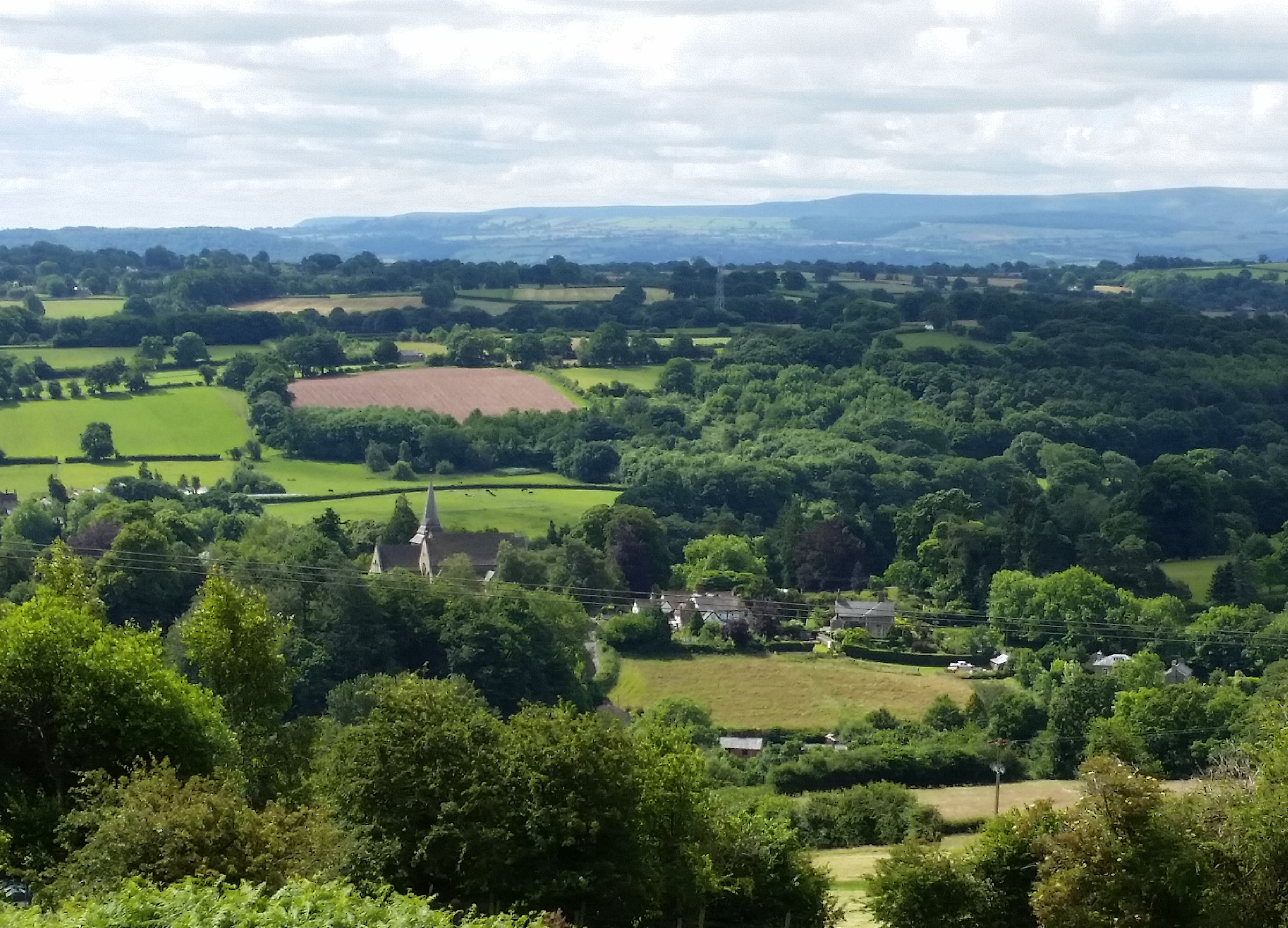This morning I was reading Ecclesiastes, and my heart went out to the Preacher. He sounds like a man who is drowning in time’s ever rolling stream: nothing changes; nothing matters; it just keeps coming. I know what he’s feeling: you work your whole life, day after day, and then it’s over. Someone else will enjoy everything you’ve worked for, and nobody will remember you when you’re gone.
Of course, I’d heard that “vanity of vanities” refrain many times before, but I was surprised when I realized that even the renewal of nature–which is typically a hopeful and joyous theme–merely confirms the truth of the writer’s despair. He sees the re-creation of the earth and our own appetite for experience and knowledge as manifestations of a deep hunger that will never be satisfied. Read what he says:
Vanity of vanities, says the Preacher,
vanity of vanities! All is vanity.
What does man gain by all the toil
at which he toils under the sun?
A generation goes, and a generation comes,
but the earth remains for ever.
The sun rises and the sun goes down,
and hastens to the place where it rises.
The wind blows to the south,
and goes round to the north;
round and round goes the wind,
and on its circuits the wind returns.
All streams run to the sea,
but the sea is not full;
to the place where the streams flow,
there they flow again.
All things are full of weariness;
a man cannot utter it;
the eye is not satisfied with seeing,
nor the ear filled with hearing.
What has been is what will be,
and what has been done is what will be done;
and there is nothing new under the sun.
Is there a thing of which it is said,
“See, this is new”?
It has been already,
in the ages before us.
There is no remembrance of former things,
nor will there be any remembrance
of later things yet to happen
among those who come after.
Ecclesiastes 1:1-11
Oh, Qoheleth! You have gone to the dark place. Everything looks the same and everything makes you tired. God bless you. A lot of us have seen that place, some of us live there more often than not, but you describe it so well.
So I thought about this passage, and as I did, I remembered another writer who contemplated man and nature, and knew futility and despair and the temptation to feast on carrion comfort. I let the two of them carry on a bit of dialogue in my brain.
The writer of Ecclesiastes is not wrong–in fact, it feels like he’s asking a lot of the right questions: What are we to think of this world and Time that just keeps coming, though our own time seems so brief? Is there nothing but work? Will we ever be satisfied?
And yet, as I read Hopkins’ poetry I sense a change like that moment of clarity as the optometrist drops a correctly refracting lens into place. The reality of Time does not change, but the meaning of its reality shifts from “it’s never over” to “nature is never spent.” The endlessness of our dissatisfaction–the ocean that is never full–becomes the hint of something greater rather than an indication of futility, and the extent of our hunger suggests the vastness of the awaiting feast.
There’s a lot of grim truth in Ecclesiastes that you might miss if you only read the popular snippets, so I’m glad I spent the time this morning to let the Preacher go on for a bit. It’s oddly comforting to read both that
“the race is not to the swift, nor the battle to the strong, nor bread to the wise, nor riches to the intelligent, nor favor to the men of skill; but time and chance happen to them all”
and “the dust returns to the earth as it was, and the spirit returns to God who gave it.” Something about the real human experience expressed in those words, I suppose.
Still, grim truth doesn’t feel to me like the whole truth, so I’ll end with Gerard Manley Hopkins. Nature is never spent.
The world is charged with the grandeur of God.
It will flame out, like shining from shook foil;
It gathers to a greatness, like the ooze of oil
Crushed. Why do men then now not reck his rod?
Generations have trod, have trod, have trod;
And all is seared with trade; bleared, smeared with toil;
And wears man’s smudge and shares man’s smell: the soil
Is bare now, nor can foot feel, being shod.
And for all this, nature is never spent;
There lives the dearest freshness deep down things;
And though the last lights off the black West went
Oh, morning, at the brown brink eastward, springs —
Because the Holy Ghost over the bent
World broods with warm breast and with ah! bright wings.



